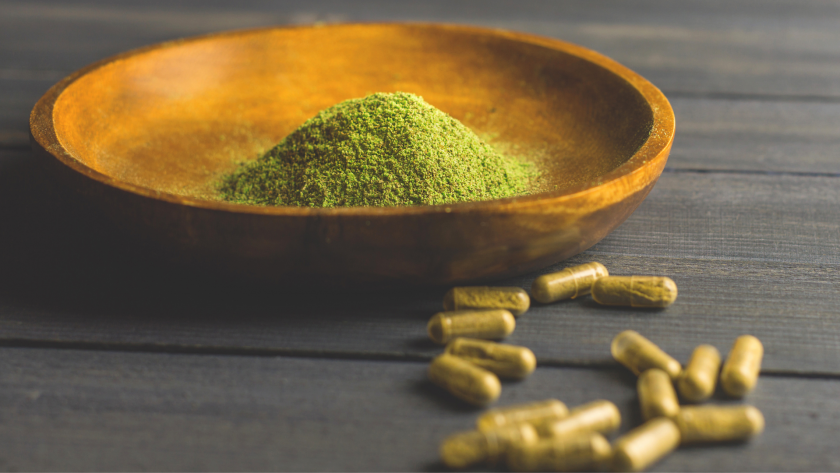Kratom is a plant that is growing in popularity as a safe and effective way to treat certain health conditions. It is currently legal in most states, and its use has been tied to everything from weight loss to pain management to reduced anxiety and depression. But why do so many people choose to take this herb?
Kratom is a plant indigenous to Southeast Asia. In Thailand, kratom is known as ayran, or “the drink of the gods.” In parts of the Philippines, kratom’s leaves are chewed and sold in shops as tikbalang. It has been consumed for thousands of years for its purported health benefits, including reducing pain, improving sleep, and acting as a stimulant.
Kratom (or Mitragyna speciosa) is actually a native Southeast Asian tree. There is a long history of using it as a herbal remedy in Thailand, Malaysia, Myanmar, and Indonesia for a number of ailments. Kratom itself is not a drug but a psychoactive substance often sold for recreational purposes. According to a 2012 study, kratom is 10 times more effective than morphine and 15 times more effective than opium.
At its most basic level, kratom is a source of active alkaloids called Mitragynine and 7-hydroxymitragynine. These alkaloids are the psychoactive substances in kratom that provide analgesic and opioid-like effects.
The word Kratom is from Malay, meaning “vine” or “plant.” Kratom powder can be used in coffee, tea, juice, and smoothies. The leaves are chewed or crushed into a paste or tea. One gram of Kratom powder has about 30 milligrams of Mitragynine and 7 to 14 milligrams of 7-hydroxymitragynine.
Kratom is gaining popularity among users for its medicinal potential, but opinions on its effectiveness and legality are mixed. But how can it benefit you?
Kratom can treat Depression
For hundreds of years, kratom leaves have been used in various countries to treat a wide range of illnesses, including depression. Scientists have been studying its medicinal uses for years. Recent studies have identified a number of different key compounds in kratom that tends to make it an effective treatment for depression and anxiety.
This tropical plant has been used for its medicinal properties for roughly three hundred years. The plant’s leaves contain several active alkaloids, the principal of which is the indole alkaloid Mitragynine. The alkaloid has been found to have a positive effect on mood. A study done at McGill University showed that Mitragynine when taken daily, was effective at treating symptoms of mild-to-moderate depression.
The alkaloid compounds can also enhance focus and alertness, which can be beneficial in treating depression. Additionally, many people are now choosing to Buy Kratom for its stress reduction and relaxant properties. Evidence shows that kratom has strong antidepressant effects, though more research is needed. Kratom’s antidepressant effects are similar to tricyclic antidepressants, or TCAs. But unlike TCAs, it has no major side effects.
Can be used to relieve pain and fatigue
Green tea, natural vitamins, and even regular ol’ water are all great because they contain antioxidants and trace nutrients. But did you know kratom can also act as a pain reliever?
Kratom is just a leaf from tropical trees that have existed for hundreds of years. Traditionally, they have been chewed and eaten. Recently, they have been ground up and used to make tea. They can also be found in the form of capsules — think Red Vein Kratom Capsules — and ingested orally. These can be used to treat chronic fatigue and pain and can be effective in relieving pain caused by arthritis, migraines, and fibromyalgia. The FDA has approved it as a treatment for opioid withdrawal.
Kratom leaves were used traditionally for their pain-relieving and sedative properties. Capsules are the most common form of consumption today. Pain, fatigue, nausea, anxiety, and depression are the most common conditions treated by Kratom capsules and powder.




